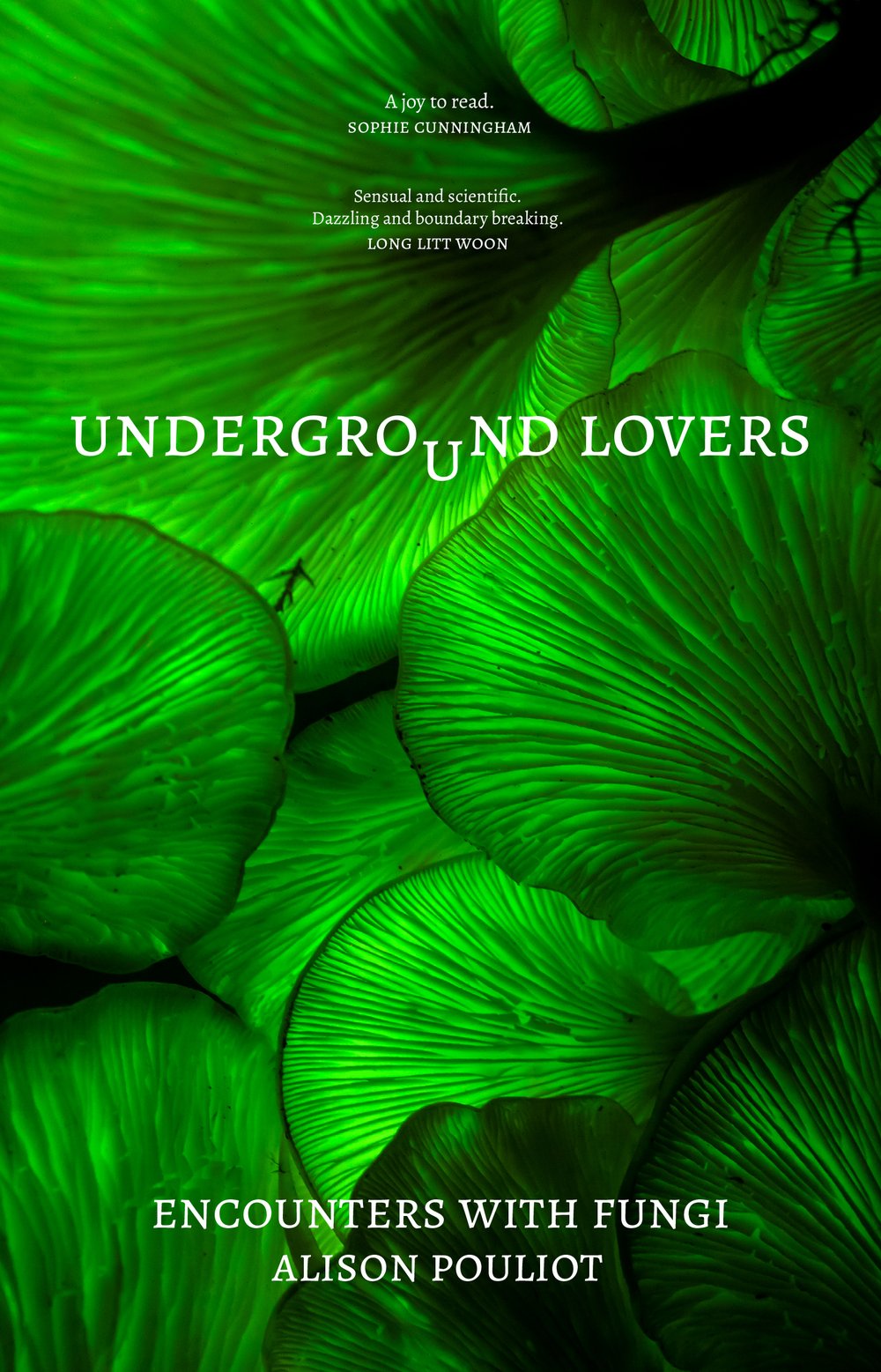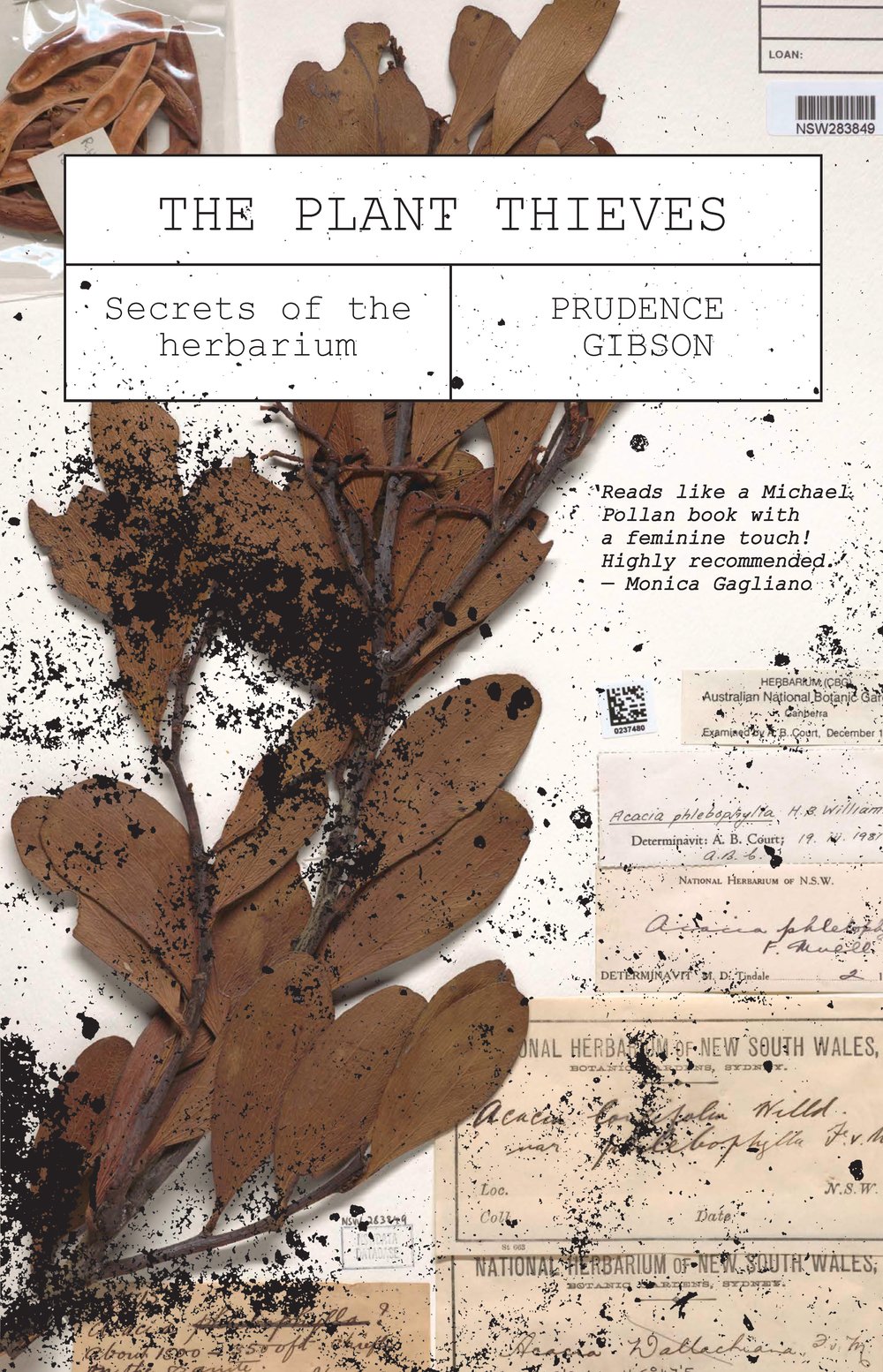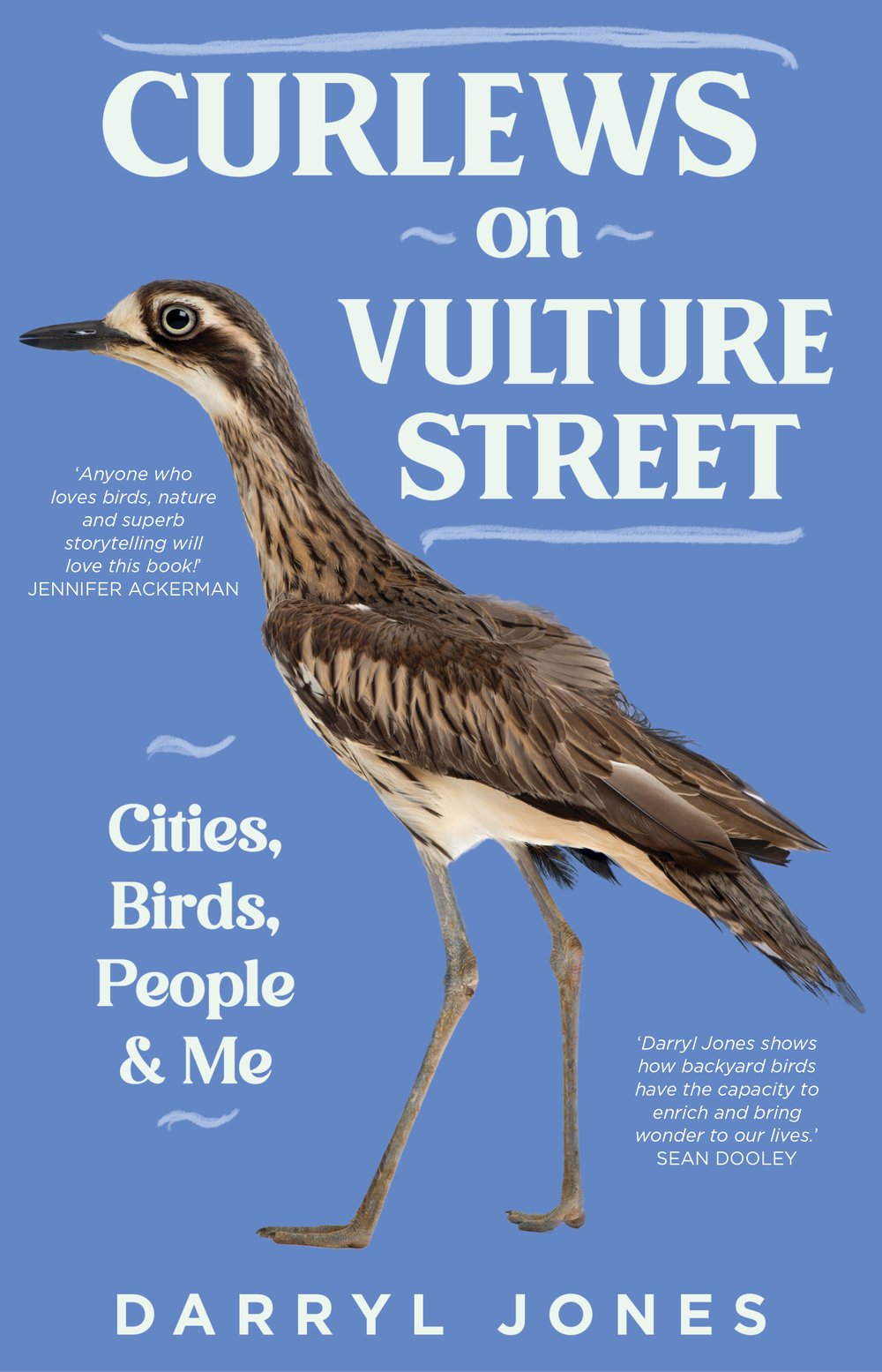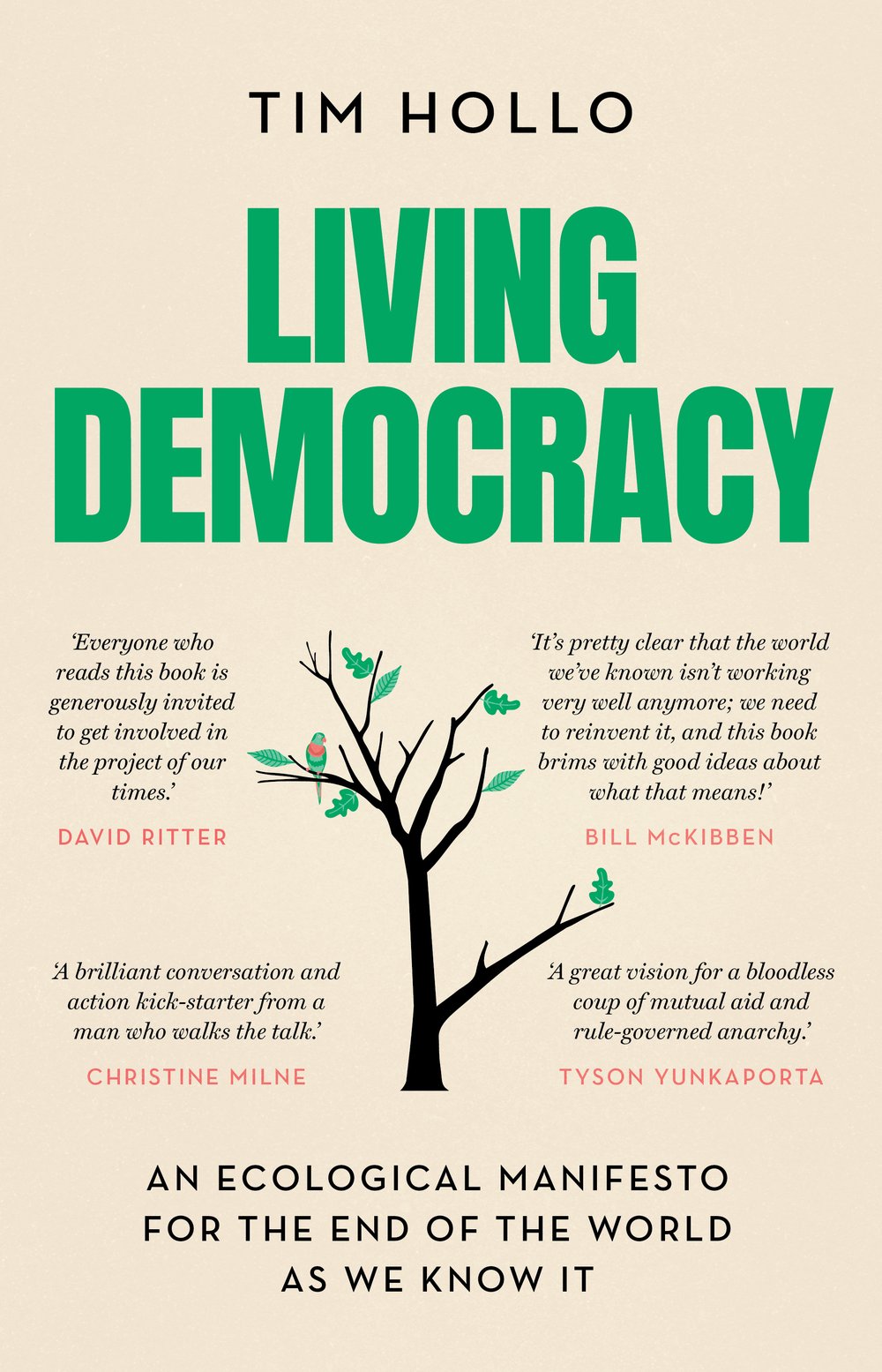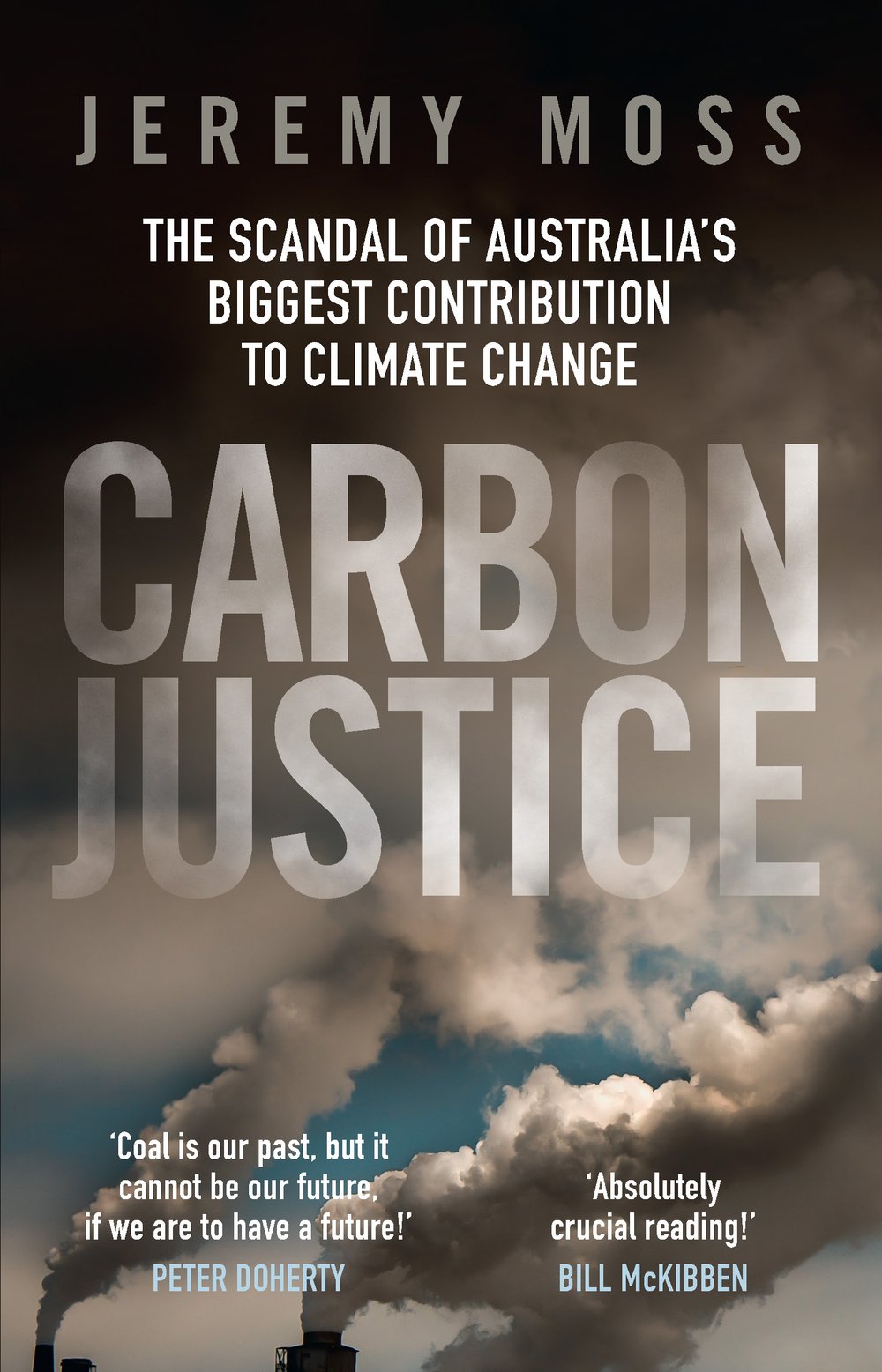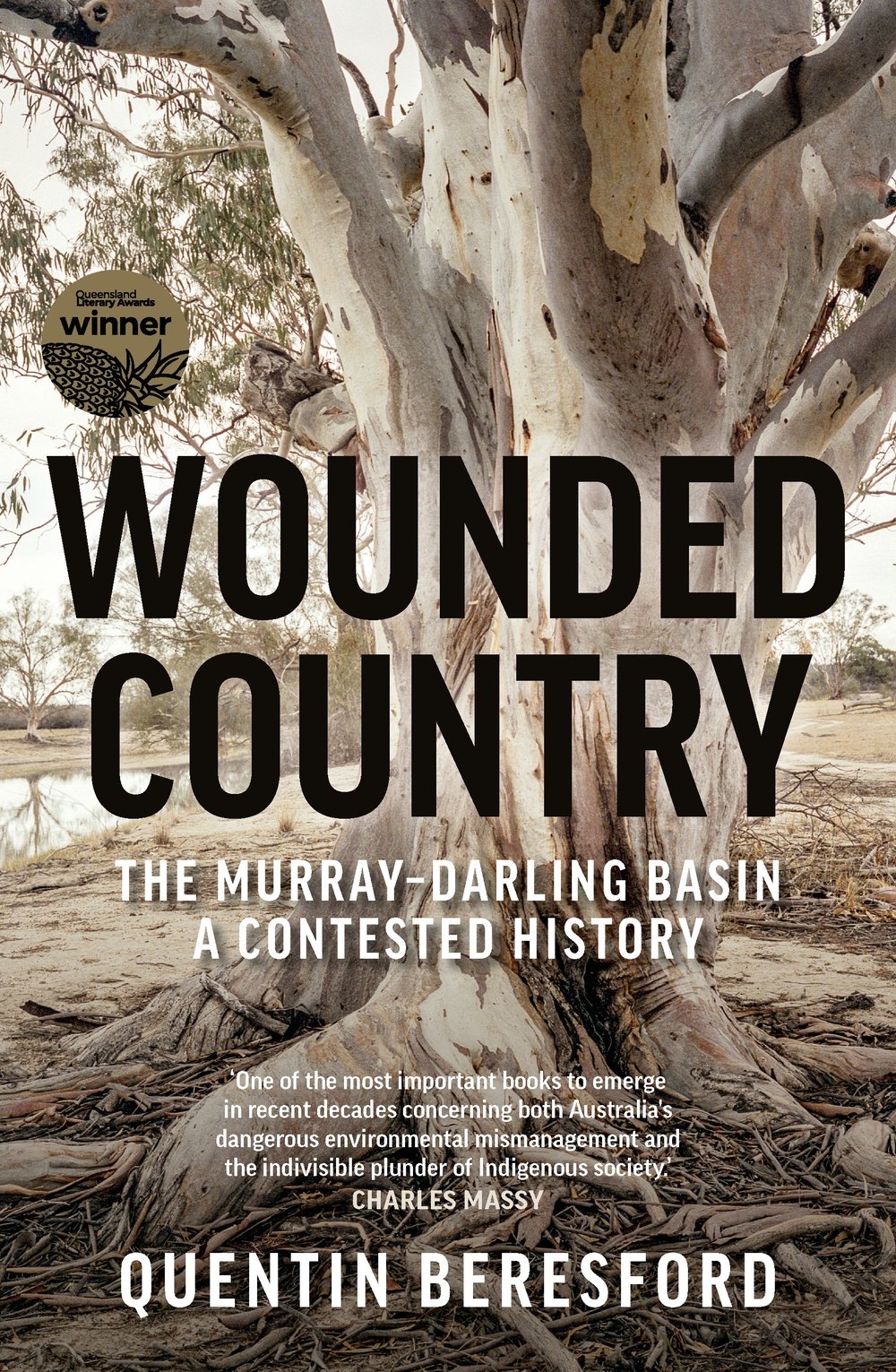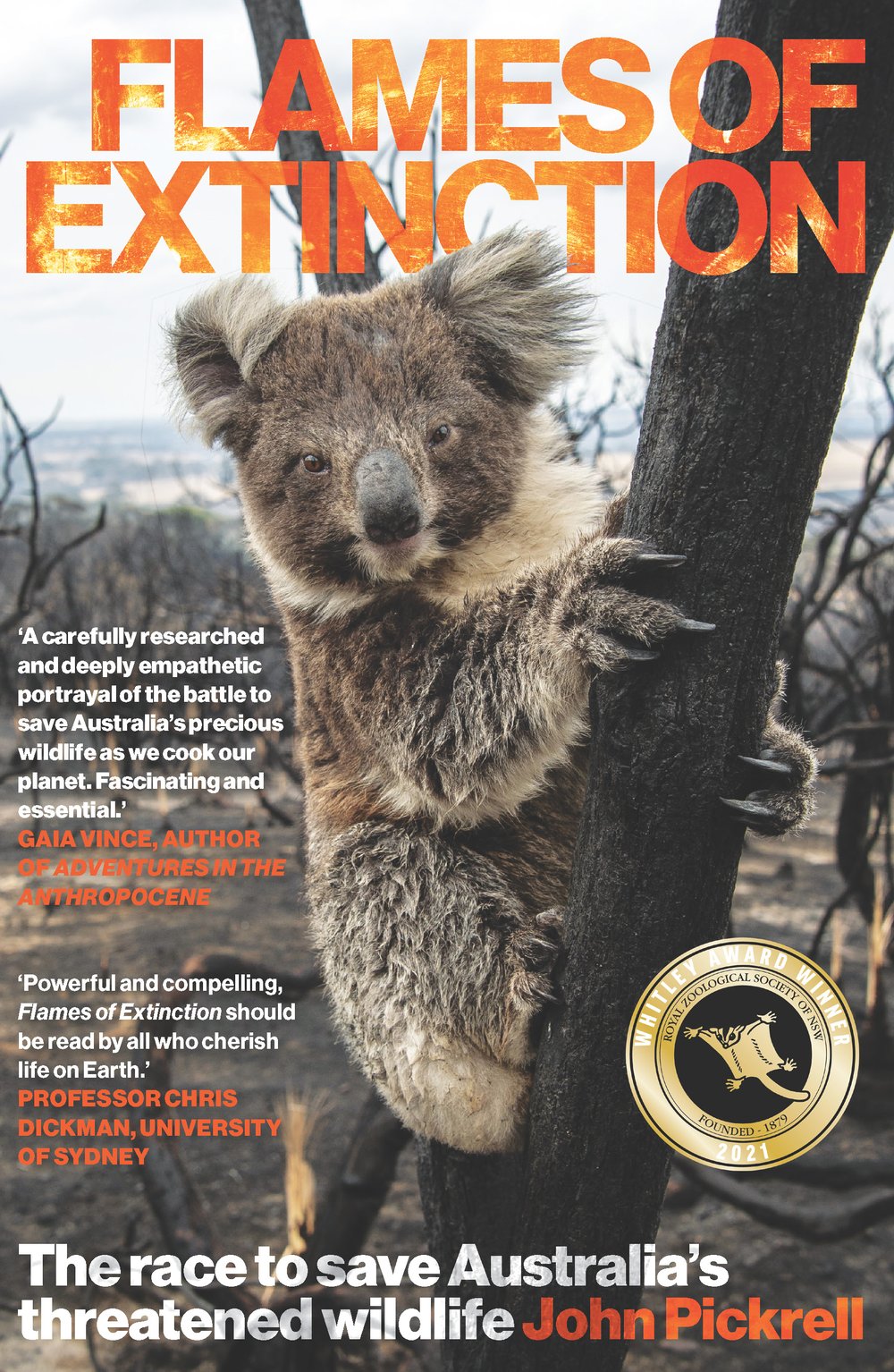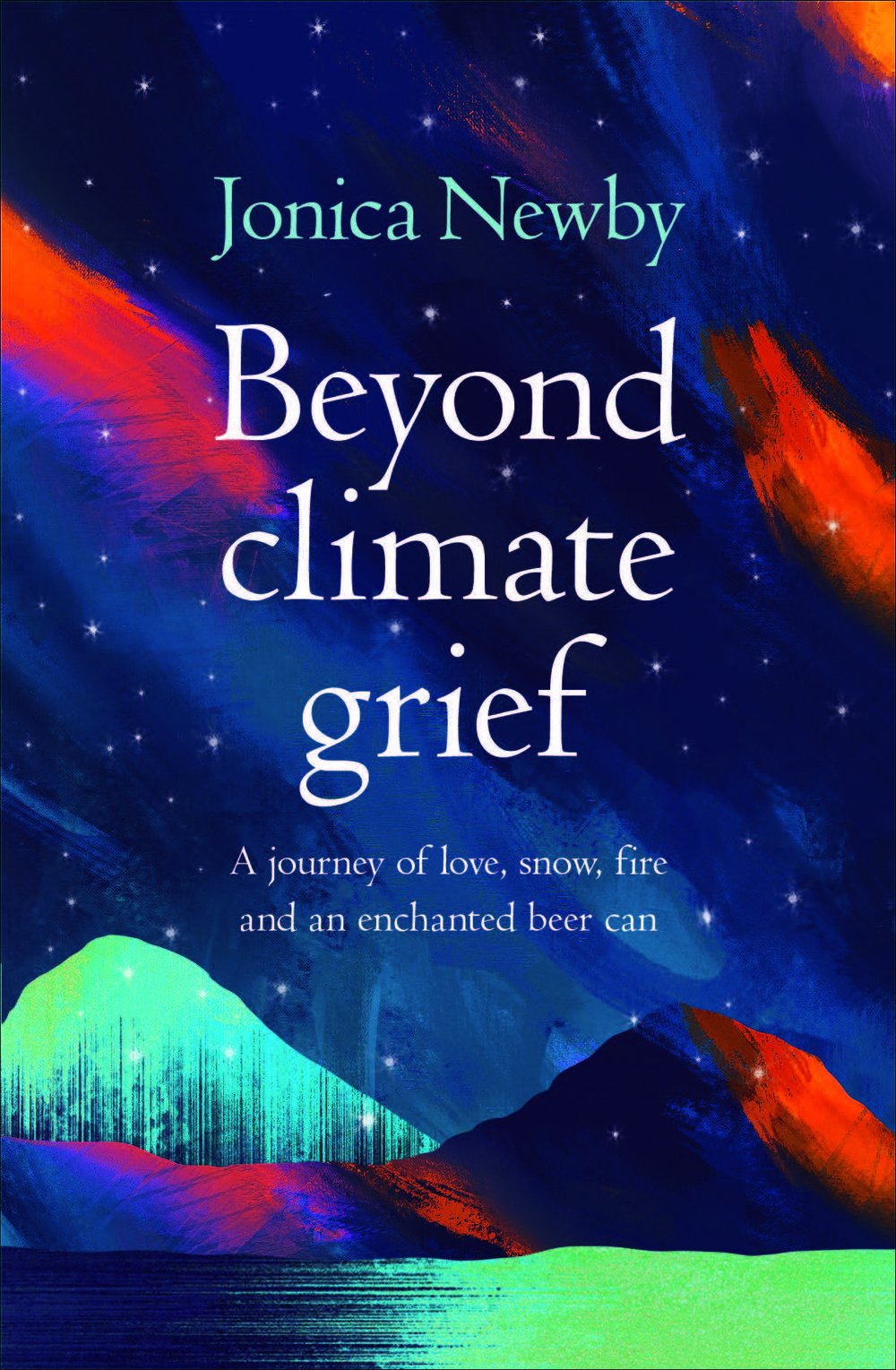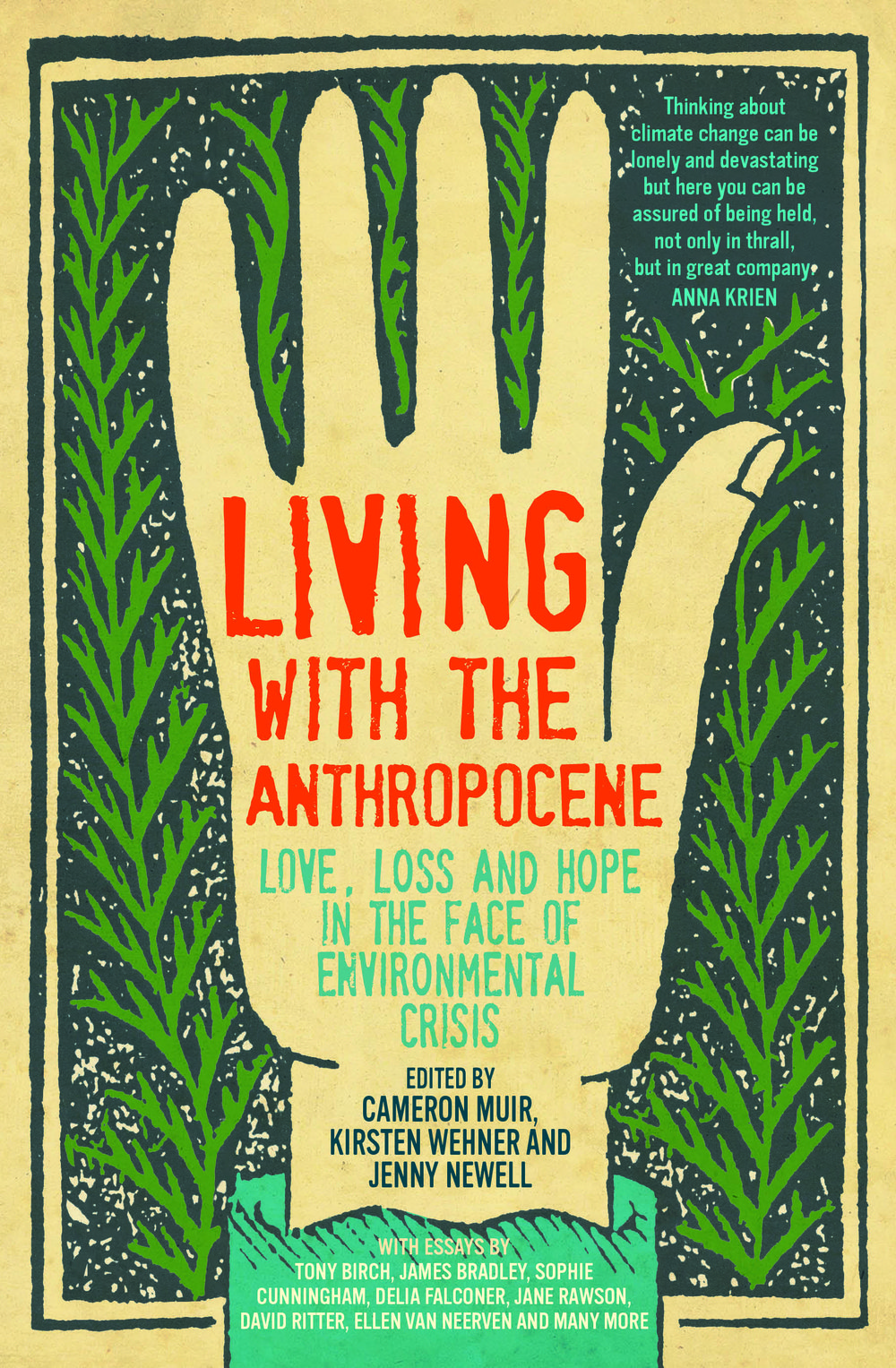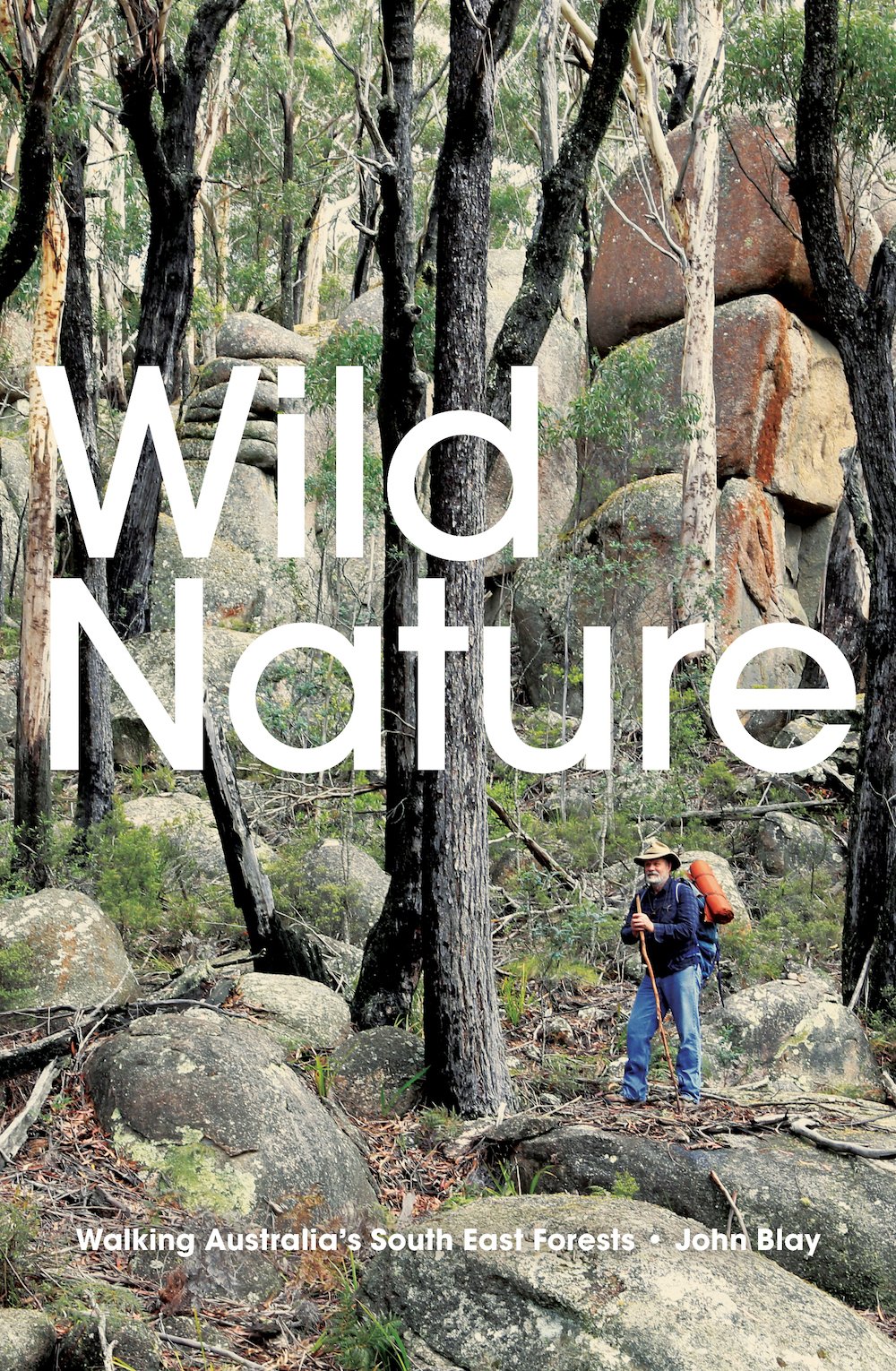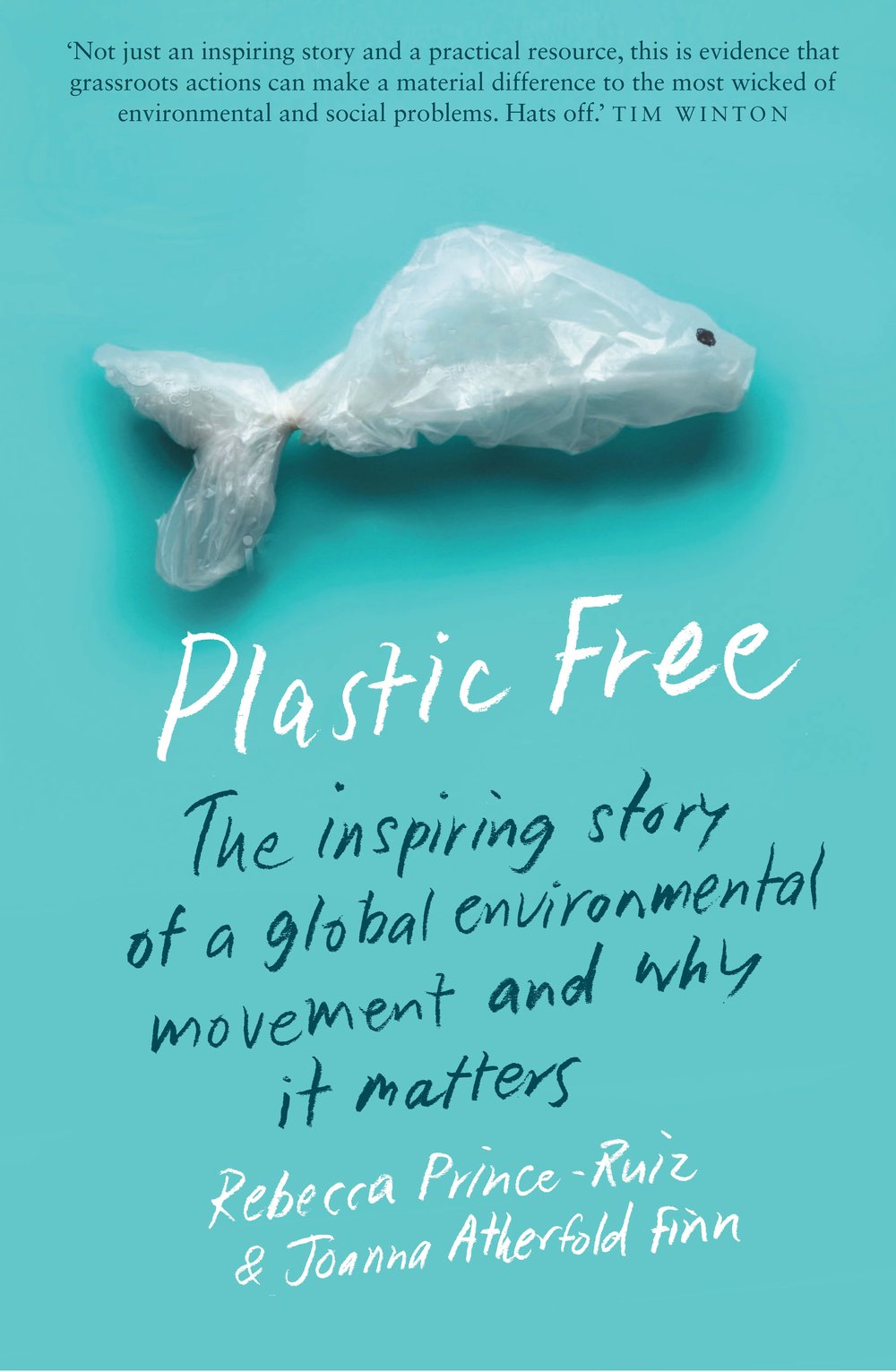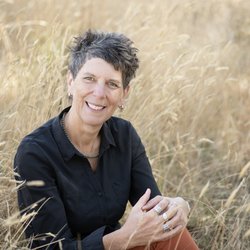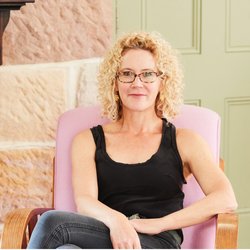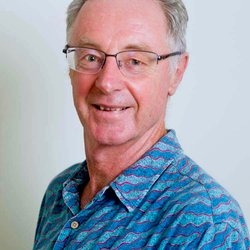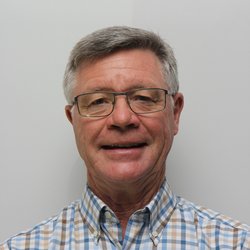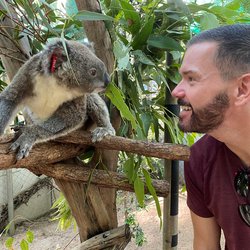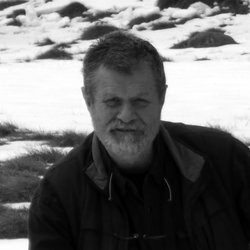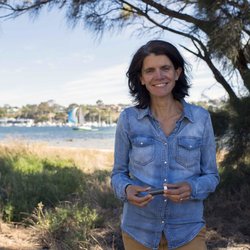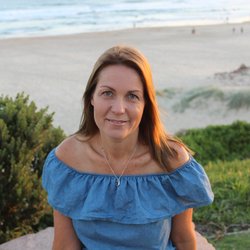World Environment Day (5 June) is a great reason to pick up one of these books that will shock, inspire and motivate you to engage and care for the world we inhabit.
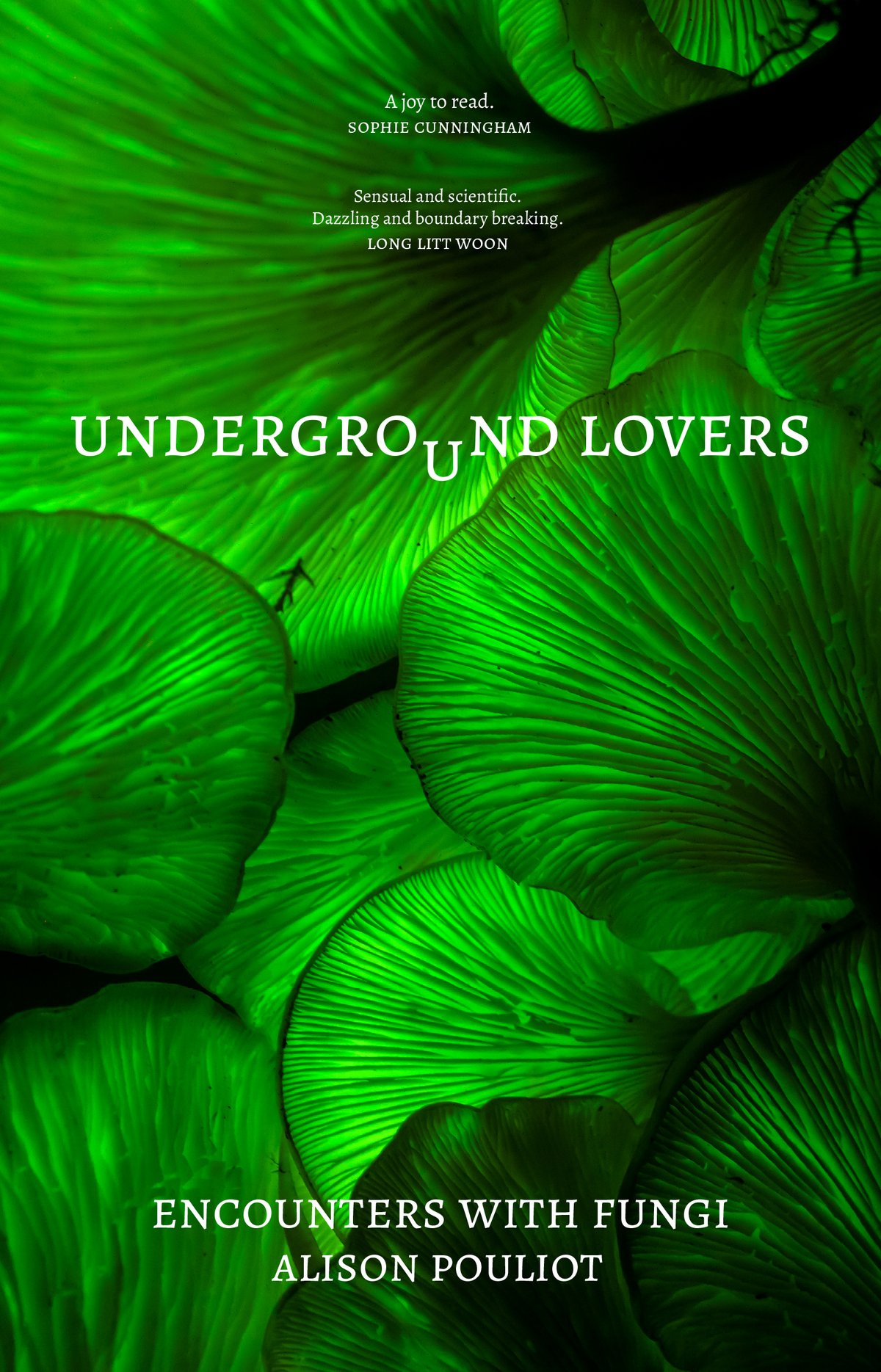
Underground Lovers: Encounters with fungi, by Alison Pouliot
What can we learn from the lives of fungi? Underground Lovers brings us to our knees, magnifier in hand, to find out.
Fungi offer a way to imagine life differently. In Underground Lovers Alison Pouliot reaches down to earth, and deeper, to dwell with fungal allies and aliens, discover how fungi hold forests together, and why humans are deeply entwined with these unruly renegades of the subterrain. Told through first-hand stories — from the Australian desert to Iceland’s glaciers to America’s Cascade Mountains — Alison Pouliot shares encounters with glowing ghost fungi and unearths the enigma of the lobster mushroom. Melding science and personal reflection, she explores the fungi that appear after fire, how fungi and climate change interact, the role of fungi in our ecosystems, and much more.
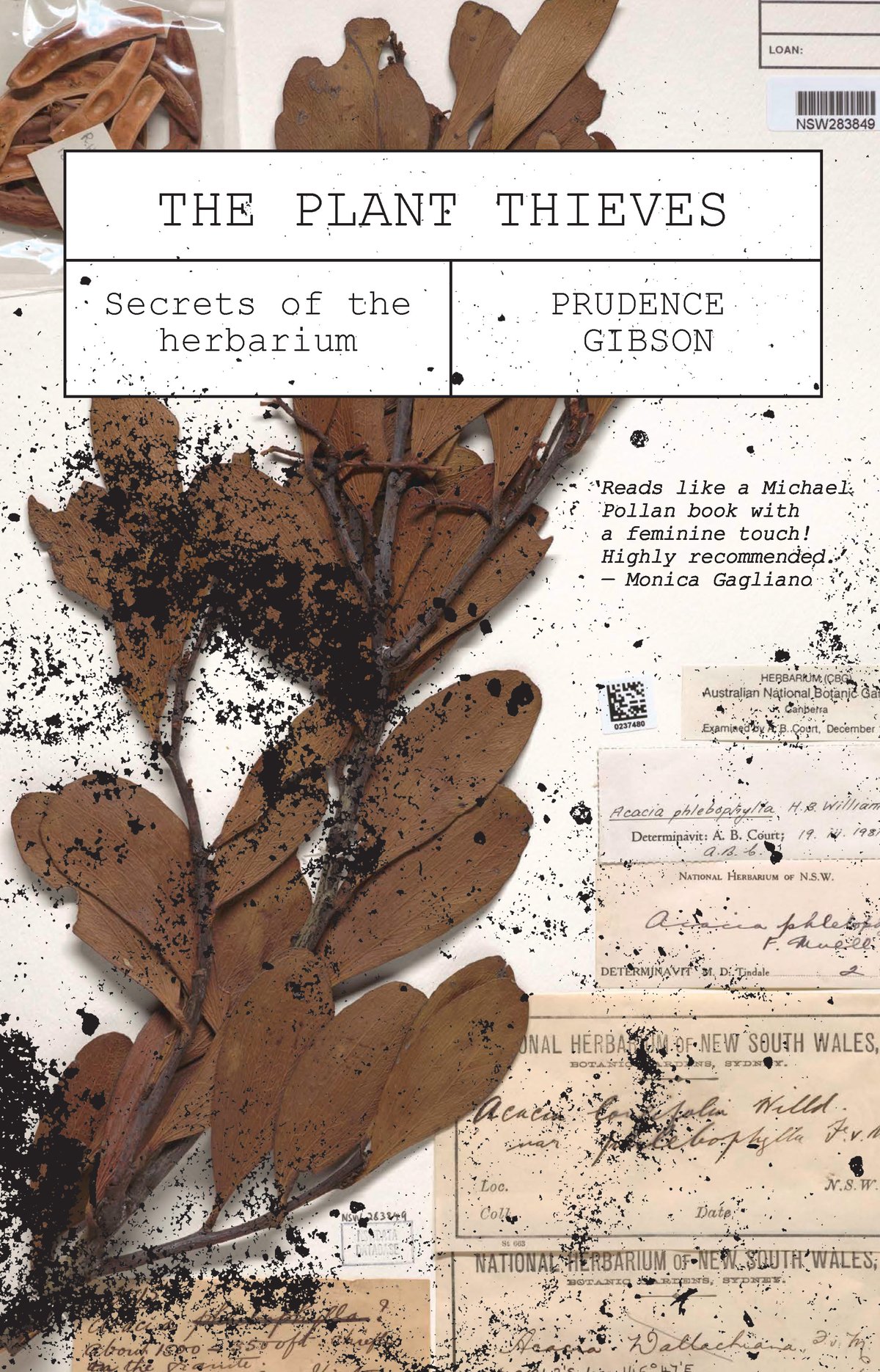
The Plant Thieves: Secrets of the herbarium, by Prudence Gibson
In The Plant Thieves, Prudence Gibson explores the secrets of the National Herbarium of New South Wales and unearths remarkable stories of plant naming wars, rediscovered lost species, First Nations agriculture, illegal drug labs and psychoactive plant knowledge. It is both a lament for lost and disappearing species and a celebration of being human, of wanting to collect things and of learning more about plant life and ourselves.
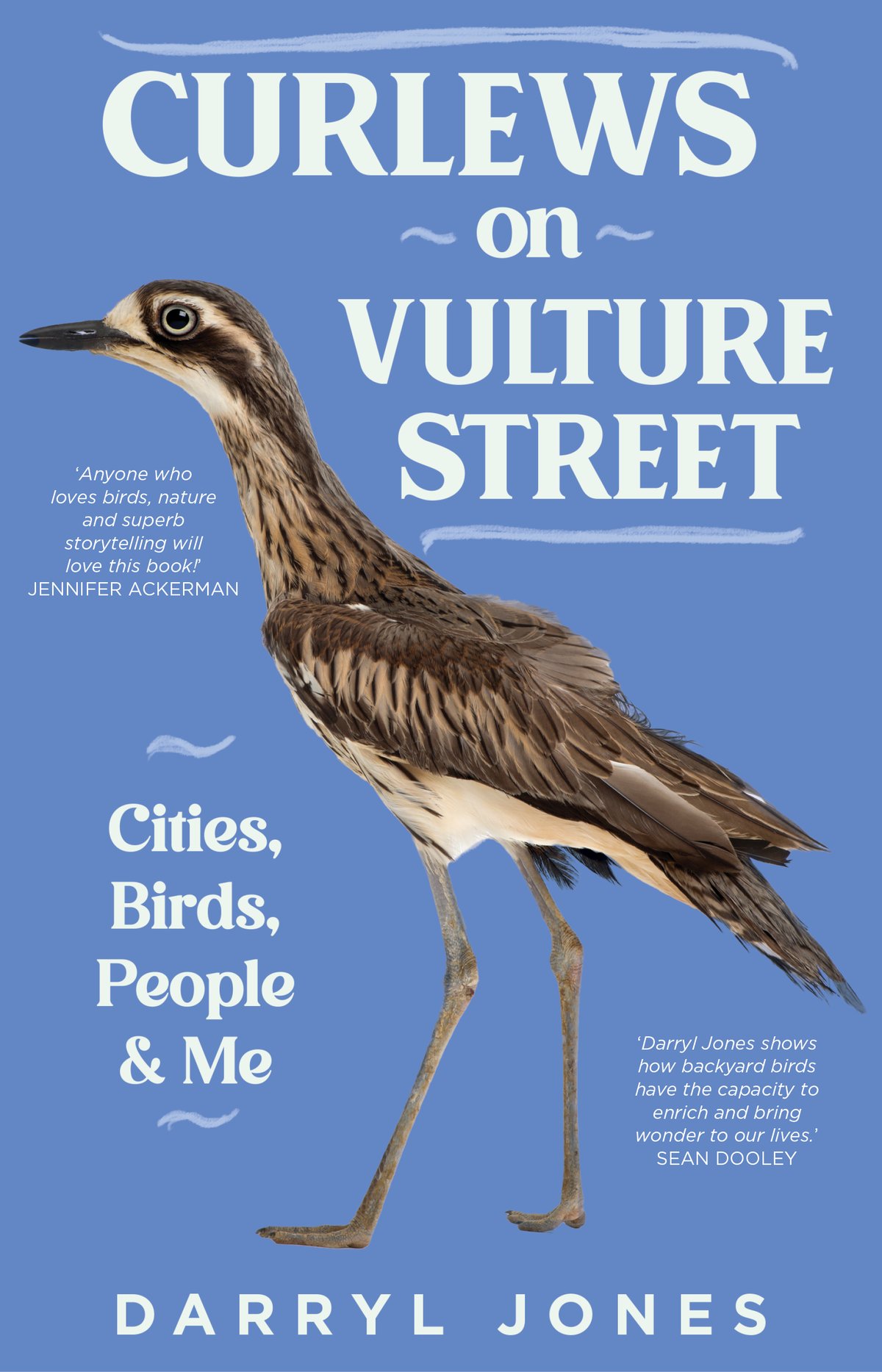
Curlews on Vulture Street: Cities, Birds, People and Me, by Darryl Jones
Darryl Jones, author of Feeding the Birds at Your Table, reveals the not-so-secret lives of the most common birds that share our towns and cities. From blackbirds and sparrows in his childhood country town to brush-turkeys in the suburbs, he shares a fascinating story of curiosity, discovery, adventure and conflict, played out in the streets and backyards of Australia.
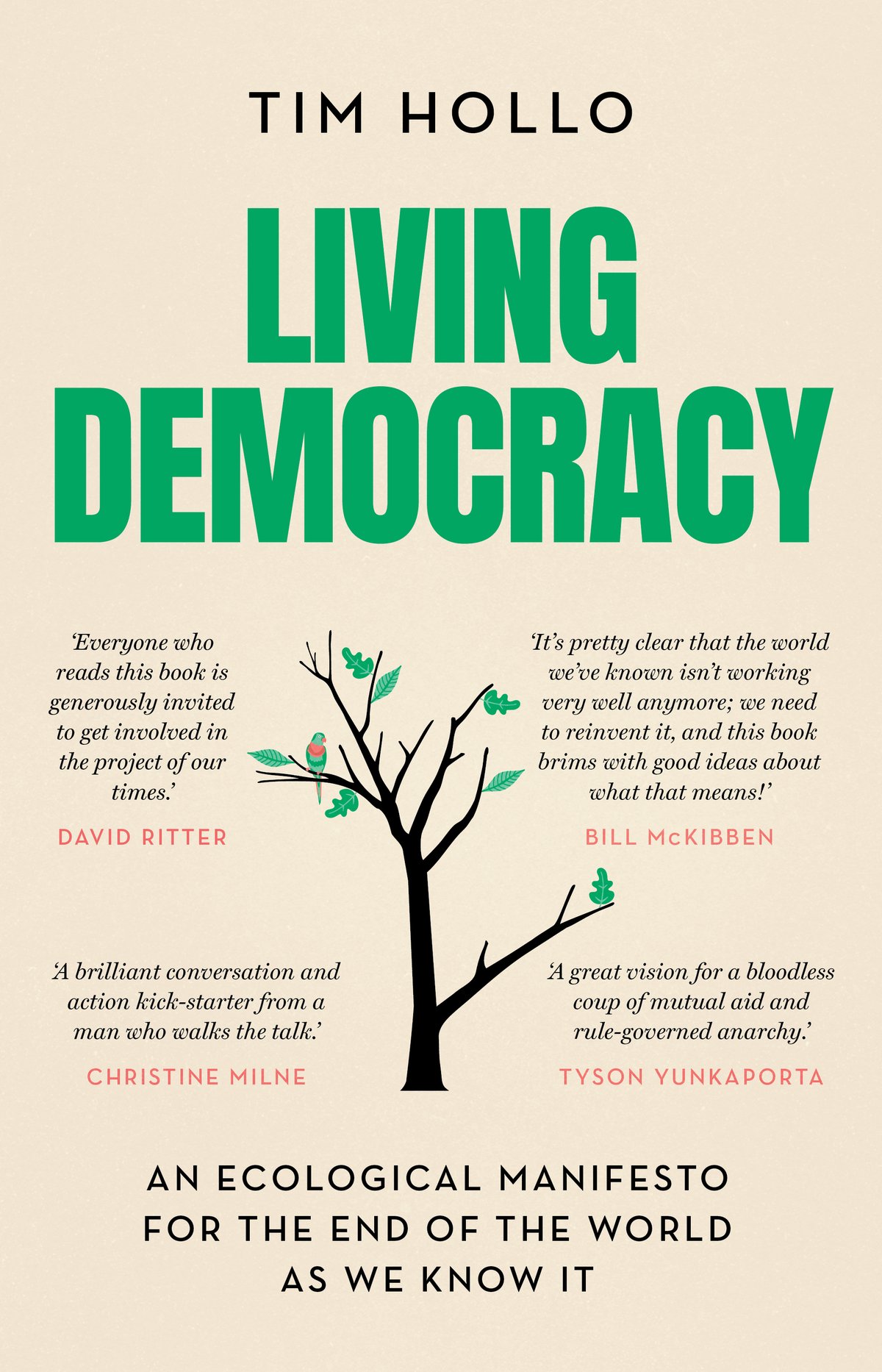
Yes, the world looks bleak. Across our society there’s a mounting sense of desperation in the face of the climate crisis, gaping economic inequality and racial injustice, increasing threat of war, and a post-truth politics divorced from reality. Extinction is in the air. But what if the solutions to our ecological, social and political crises could all be found in the same approach? What if it was possible for us to not just survive, but thrive?
In Living Democracy, Greens activist Tim Hollo offers bold ideas and a positive vision. It’s the end of the world as we know it, but it doesn’t have to be the end of the world. In fact, around the globe, people and communities are beginning an exciting new journey.
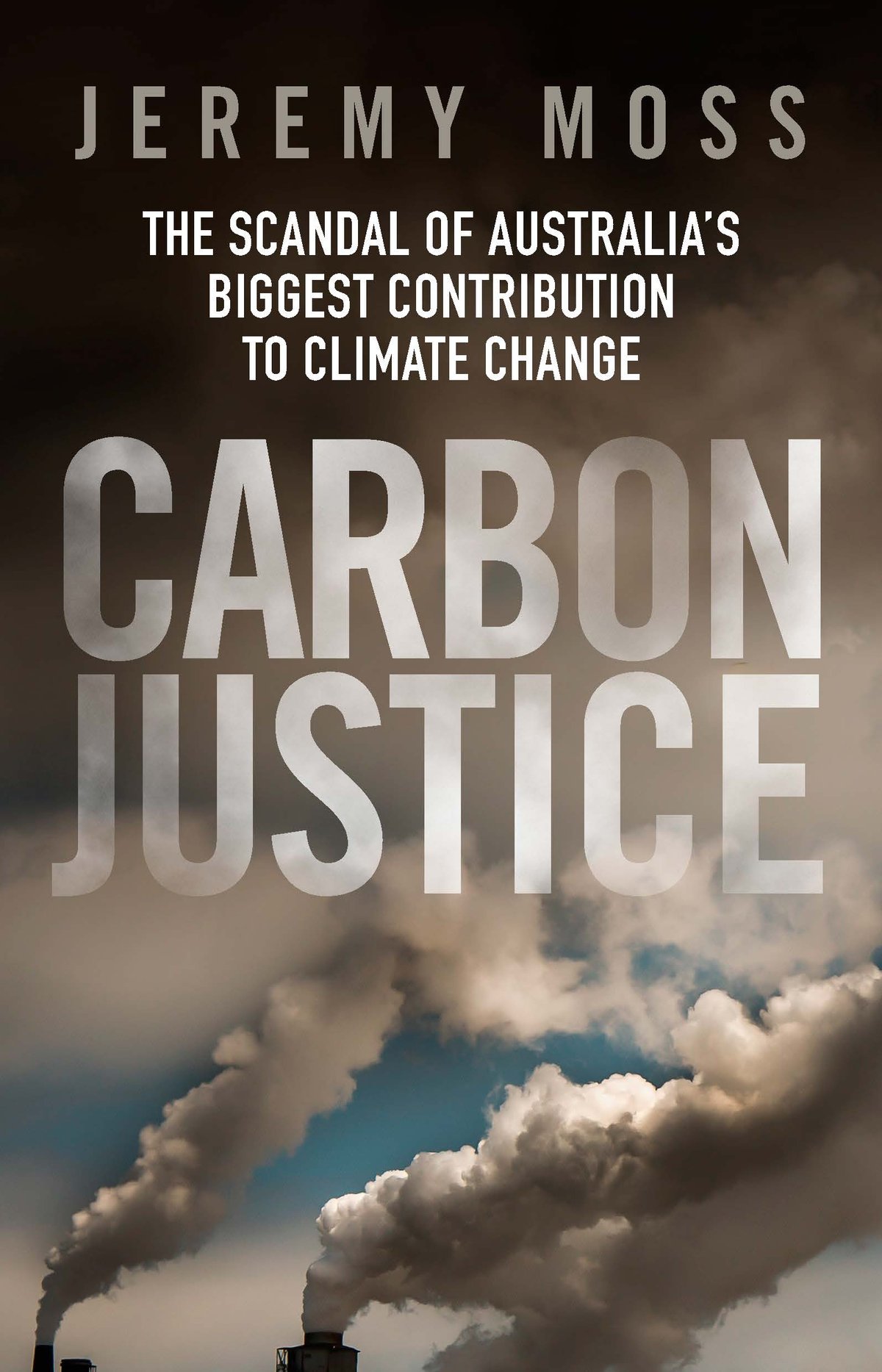
If Australia’s exported and domestic emissions are combined, Australia ranks as the sixth-largest emitter in the world, behind China, the United States, India, Russia and Japan. Far from being an insignificant contributor to climate change because of its small population, Australia is a key driver through its fossil fuel exports.
Understanding the moral responsibility of Australia’s major carbon exporters is a crucial first step in determining how to fairly share the burdens of a climate transition. In Carbon Justice, leading political philosopher Jeremy Moss sets out an ethical framework to establish the cost of the harms of these major exporters and what we should do about it. What they do next will shape Australia’s response to climate change.
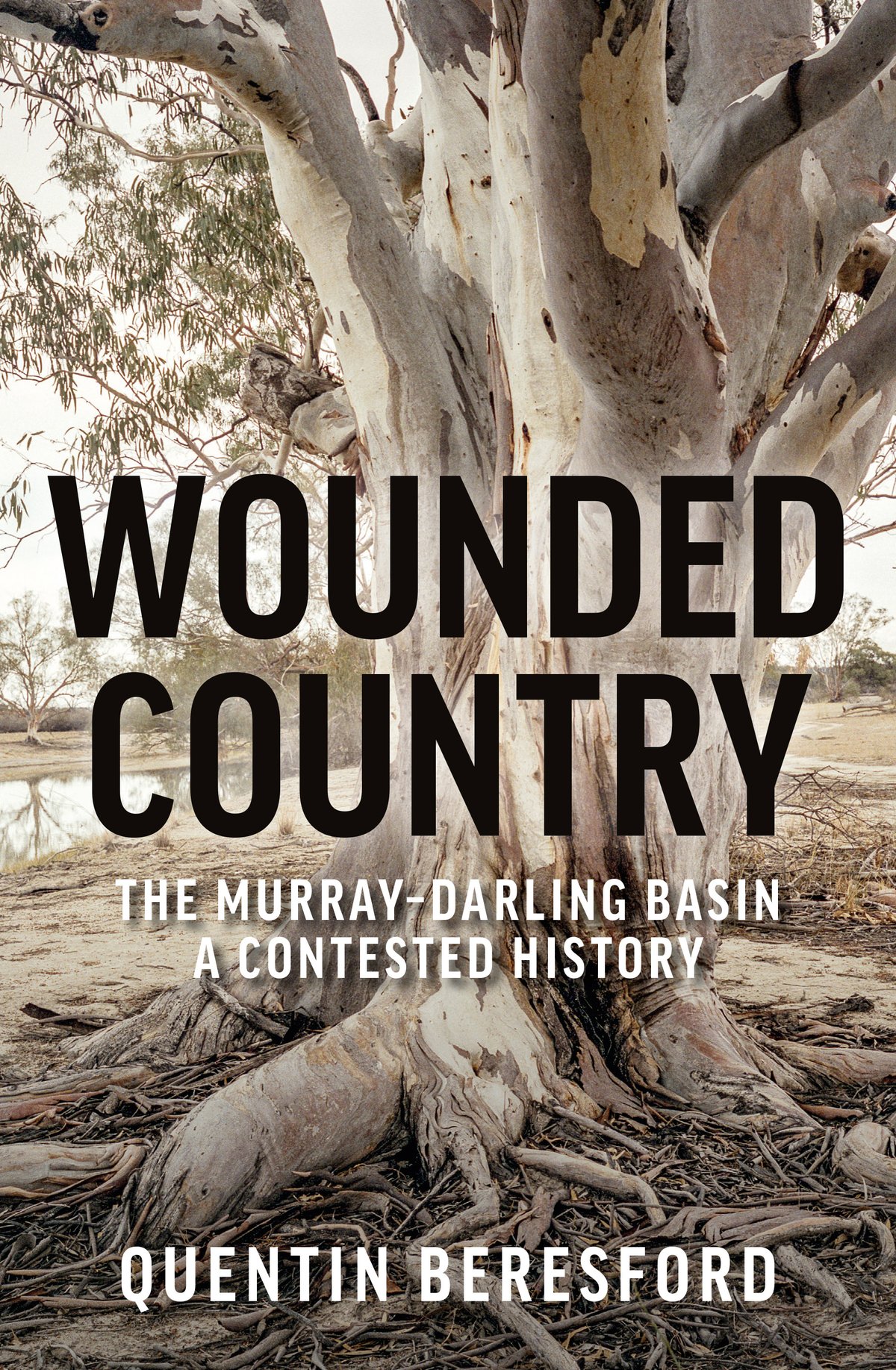
Wounded Country: The Murray–Darling Basin – a contested history, by Quentin Beresford
In Wounded Country, award-winning author Quentin Beresford investigates the complex history of Australia’s largest and most important river system. Waves of farmers exploited the region’s potential, with little consideration for the environmental consequences. Dispossession and marginalisation denied local First Nations people their lands and European settlers the Indigenous cultural knowledge to manage the Basin sustainably. Instead, we’ve had ‘nation-building’ irrigation schemes and agricultural enterprises promoted by politicians focused on short-term profits and a development-at-all-costs approach. Expert advice and warnings about long-term environmental effects have been continually sidelined.
We’re now at a point of reckoning. How can we save the once mighty Murray–Darling?
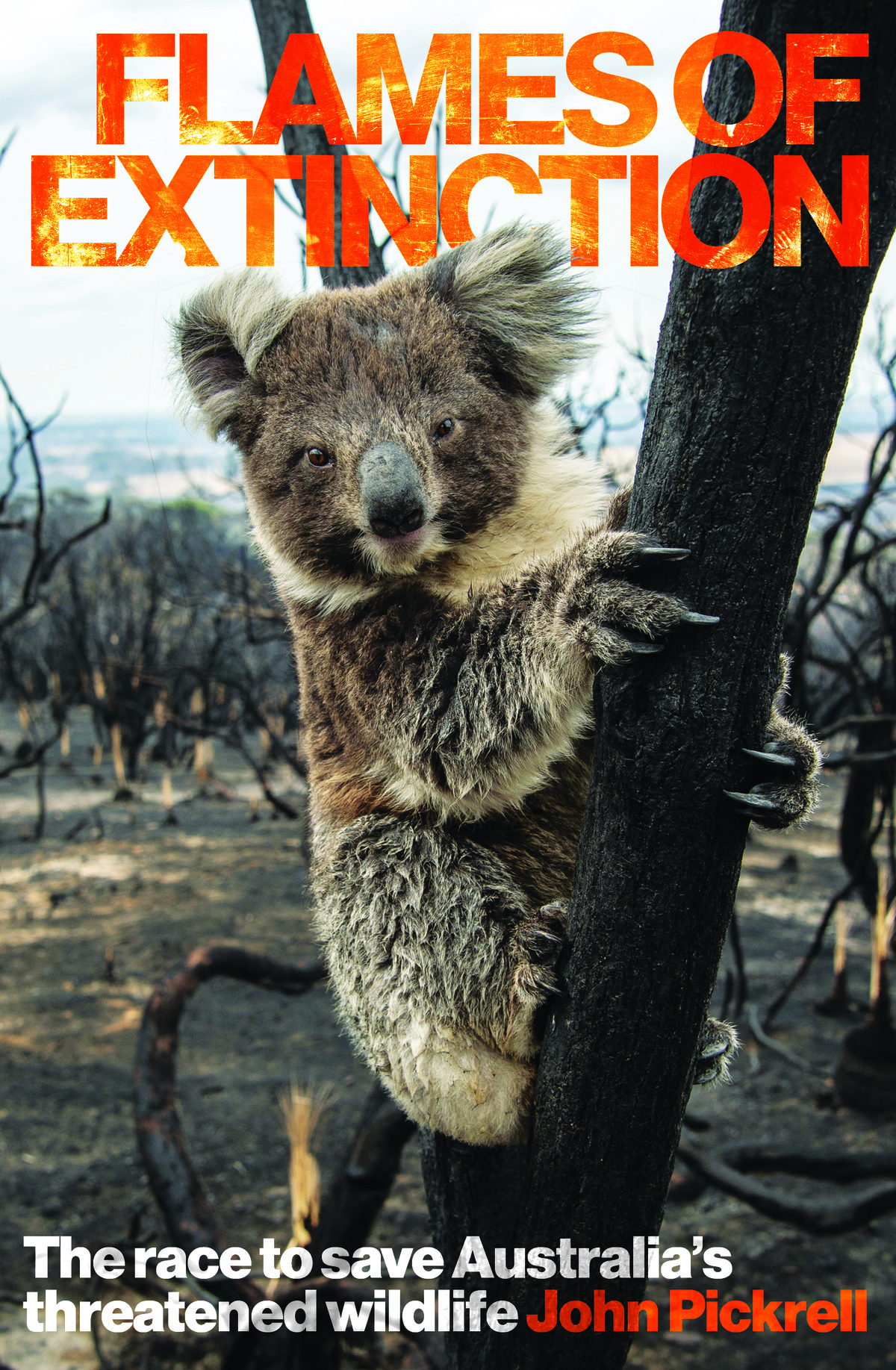
Flames of Extinction: The race to save Australia’s threatened wildlife, by John Pickrell
In Flames of Extinction, award-winning science writer John Pickrell investigates the effects of the 2019–2020 bushfires on Australian wildlife and ecosystems. Journeying across the firegrounds, Pickrell explores the stories of creatures that escaped the flames, the wildlife workers who rescued them, and the conservationists, land managers, Aboriginal rangers, ecologists and firefighters on the frontline of the climate catastrophe. He also reveals the radical new conservation methods being trialled to save as many species as possible from the very precipice of extinction.
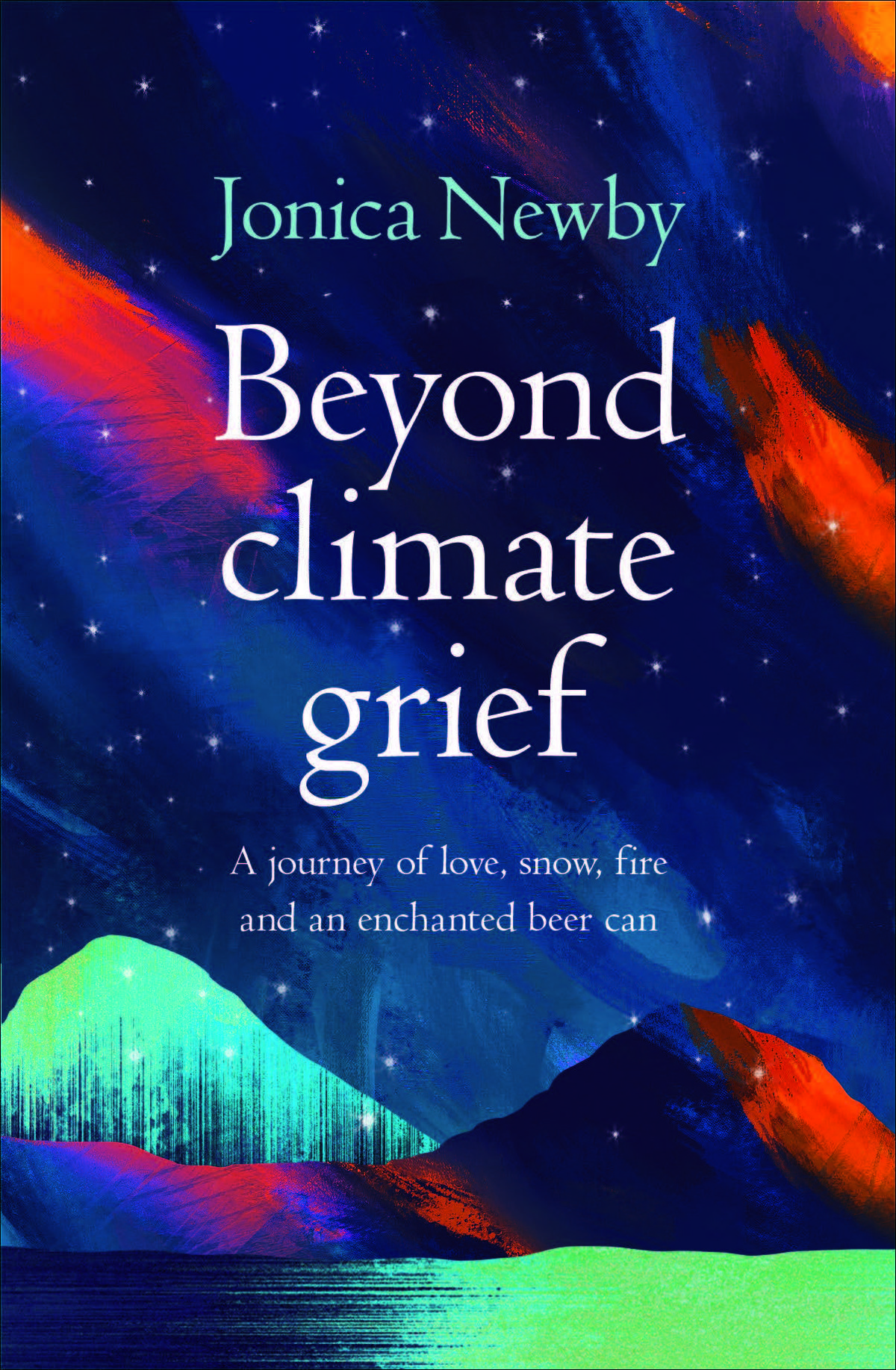
In this magical, often funny and deeply moving personal story, award-winning science reporter Jonica Newby explores how to navigate the emotional turmoil of climate change.
Featuring illuminating conversations with singer–songwriter Missy Higgins, and comedians Charlie Pickering and Craig Reucassel, the wisdom of business leader Mike Cannon-Brookes, practical advice from psychological and scientific experts, and incredible accounts from everyday heroes, plus inspiring stories from the climate strike kids, Beyond Climate Grief provides guidance and emotional sustenance to help us face the uncertainties ahead.
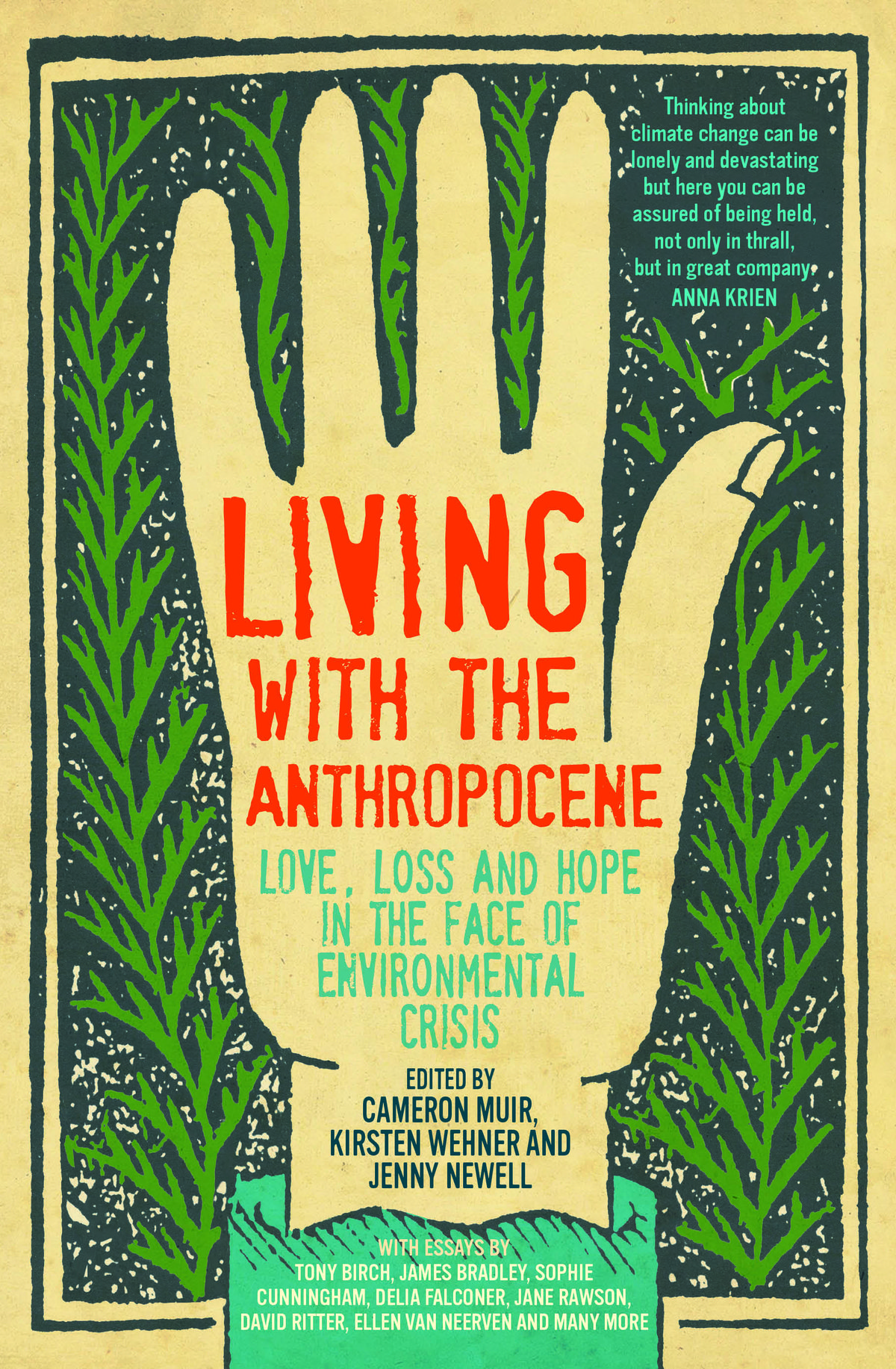
Living with the Anthropocene: Love, Loss and Hope in the Face of Environmental Crisis, edited by Cameron Muir, Kirsten Wehner, Jenny Newell
In this extraordinarily powerful and moving book, some of Australia's best-known writers and thinkers — as well as ecologists, walkers, farmers, historians, ornithologists, artists and community activists — come together to reflect on what it is like to be alive during an ecological crisis. They build a picture of a collective endeavour towards a culture of care, respect, and attention as the physical world changes around us. How do we hold onto hope?
Personal and urgent, this is a literary anthology for our age, the age of humans.
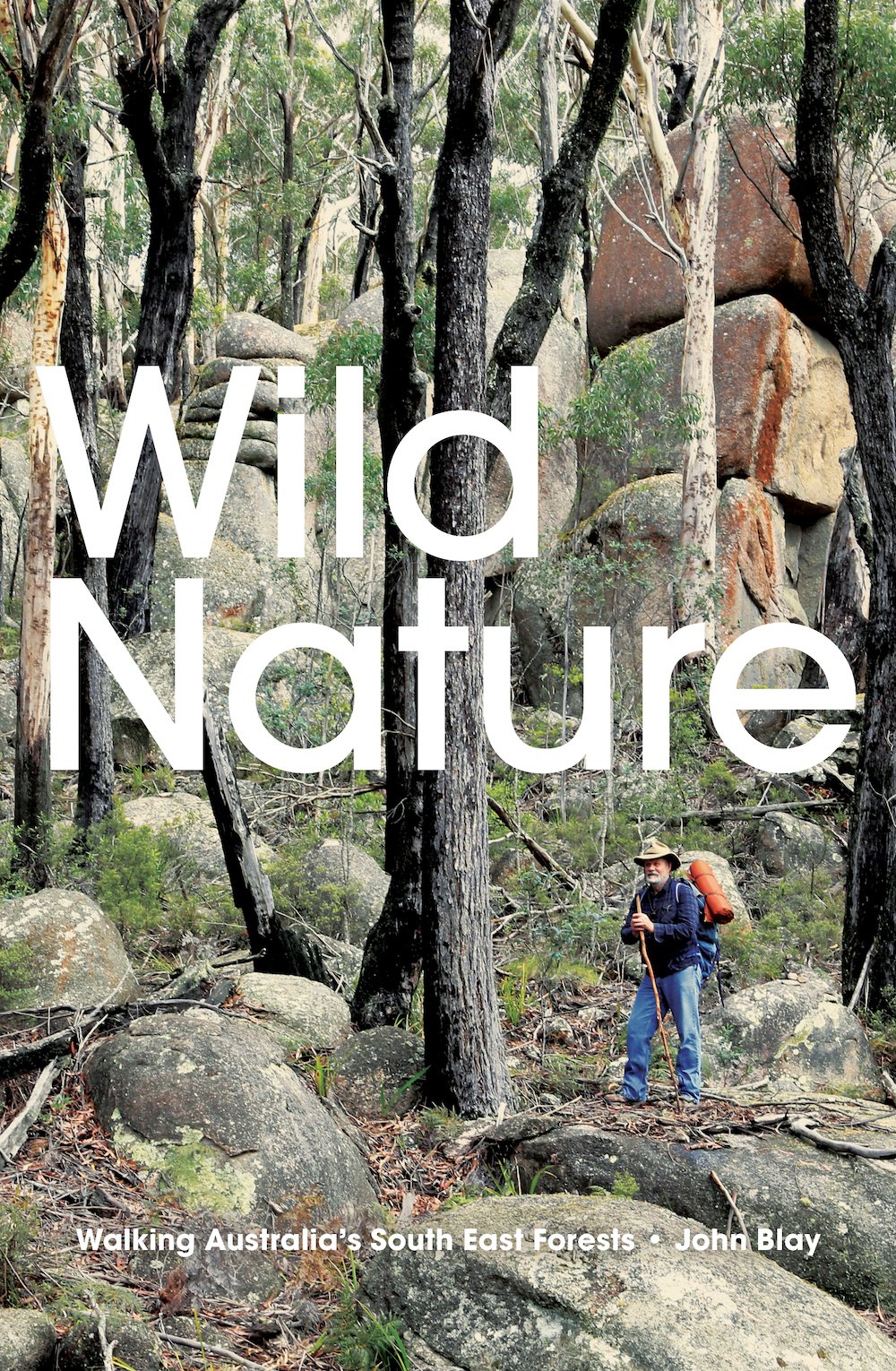
Wild Nature: Walking Australia's South East Forests, by John Blay
In Wild Nature, John Blay, the bestselling author of On Track charts the forests' shared history, their natural history, the forest wars, the establishment of the South East Forests National Park and the threats that continue to dog their existence, including devastating bushfires. Along the way Blay asks the big questions. What do we really know about these wild forests? How did the forests come to be the way they are? What is the importance of wild nature to our civilisation?
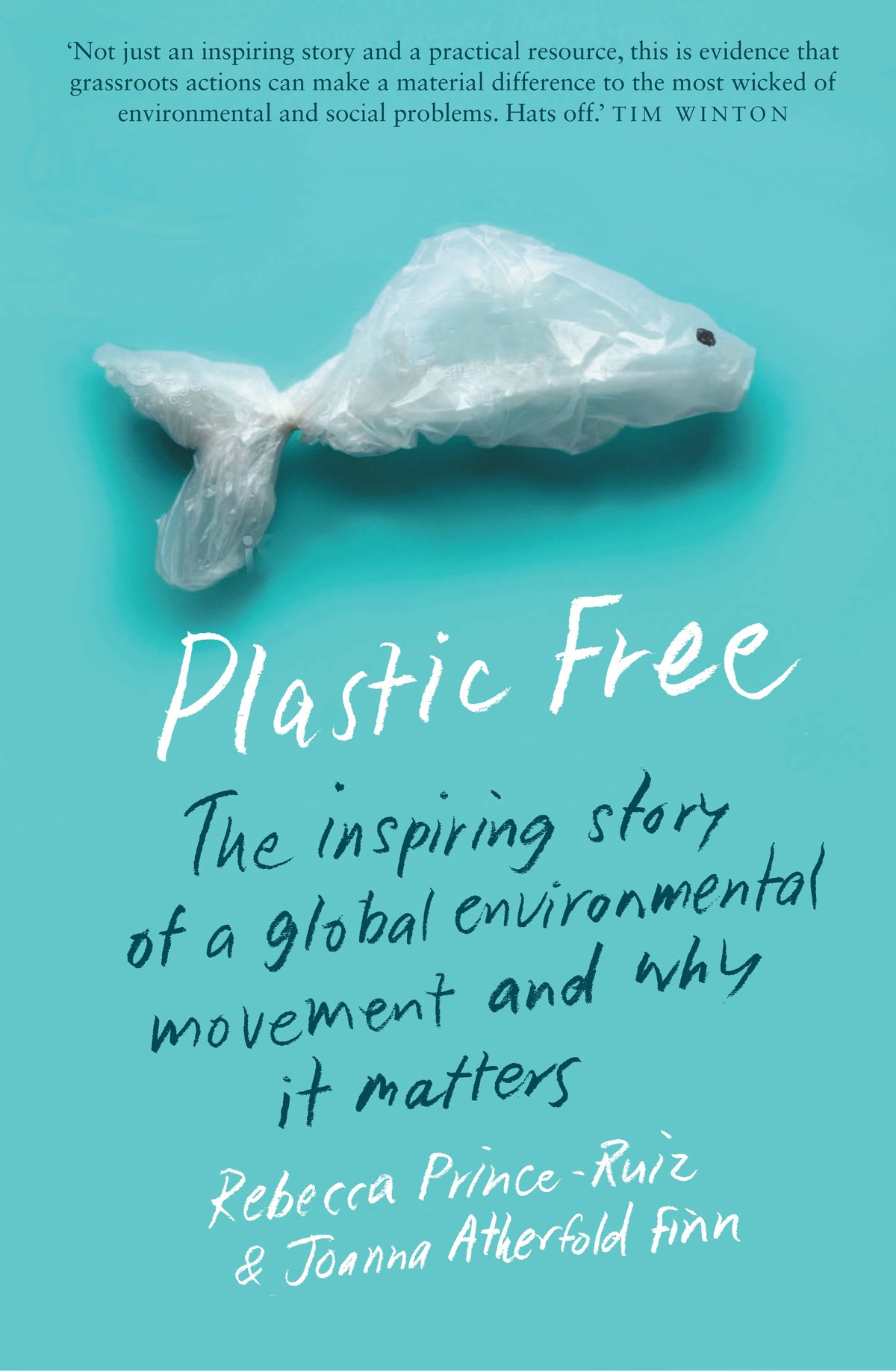
Plastic Free: The Inspiring Story of a Global Environmental Movement and Why It Matters, by Rebecca Prince-Ruiz and Joanna Atherfold Finn
I'm going plastic free next month, who wants to join me?'
When Rebecca Prince-Ruiz asked her colleagues this question in 2011, she had no idea that less than a decade later it would inspire a global movement of 250 million people in 177 countries to reduce their plastic use. Plastic Free tells the incredible story of how a simple community initiative grew into one of the world's most successful environmental movements. It also shares tips from people around the world who have taken on the Plastic Free July challenge and significantly reduced their waste.
Plastic Free is a book about positive change and reminds us that small actions can make a huge impact, one step – and piece of plastic – at a time.
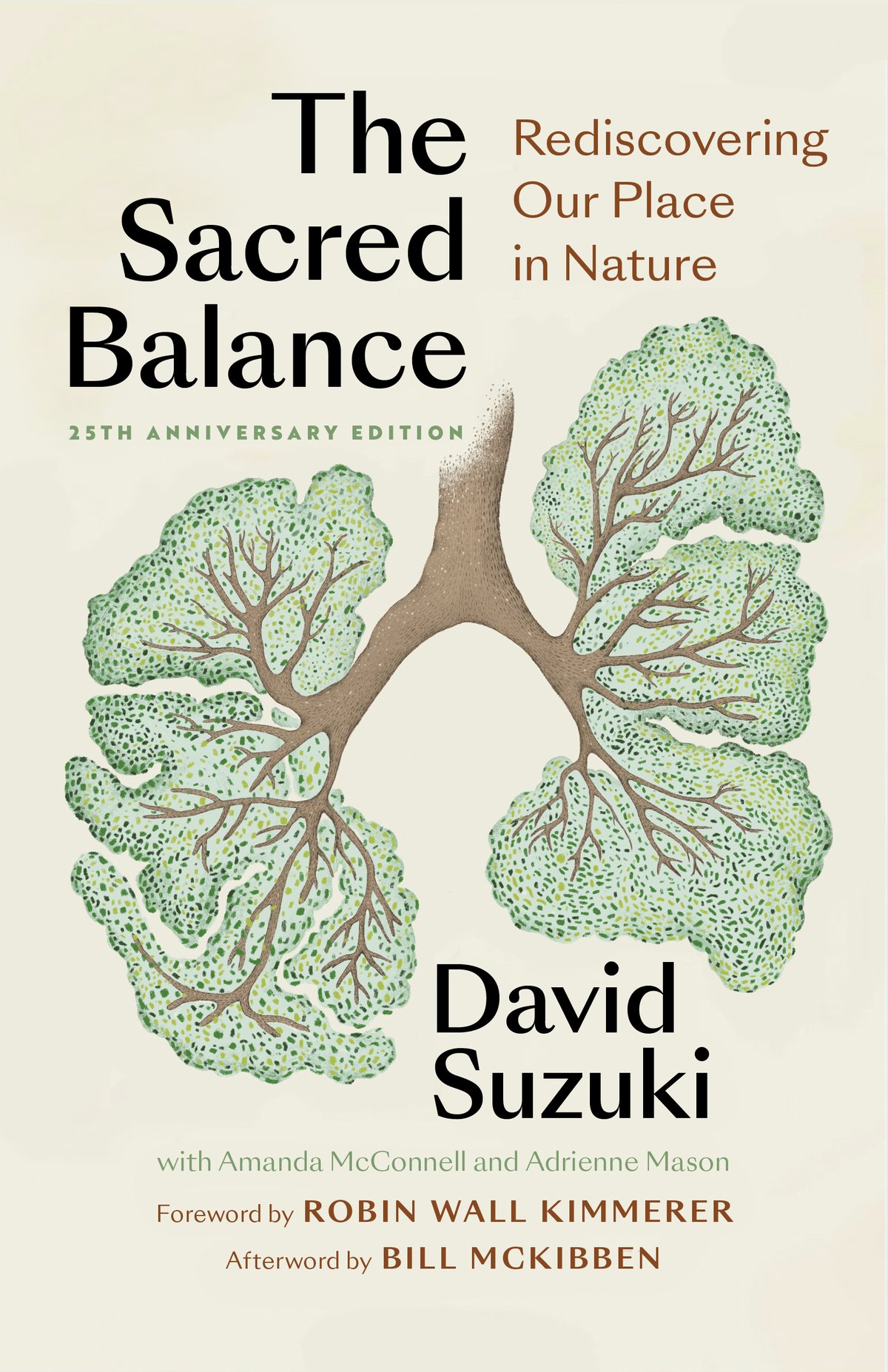
In this extensively updated new edition, David Suzuki reflects on the increasingly radical changes in science and nature — from the climate crisis to peak oil and the rise in clean energy — and examines what they mean for humankind. He also reflects on what we have learned by listening to Indigenous leaders, whose knowledge of the natural world is profound, and whose peoples are on the frontlines of protecting land and water around the world.
Drawing on his own experiences and those of others who have put their beliefs into action, The Sacred Balance combines science, philosophy, spirituality, and Indigenous knowledge to offer concrete suggestions for creating an ecologically sustainable future by rediscovering and addressing humanity’s basic needs.
